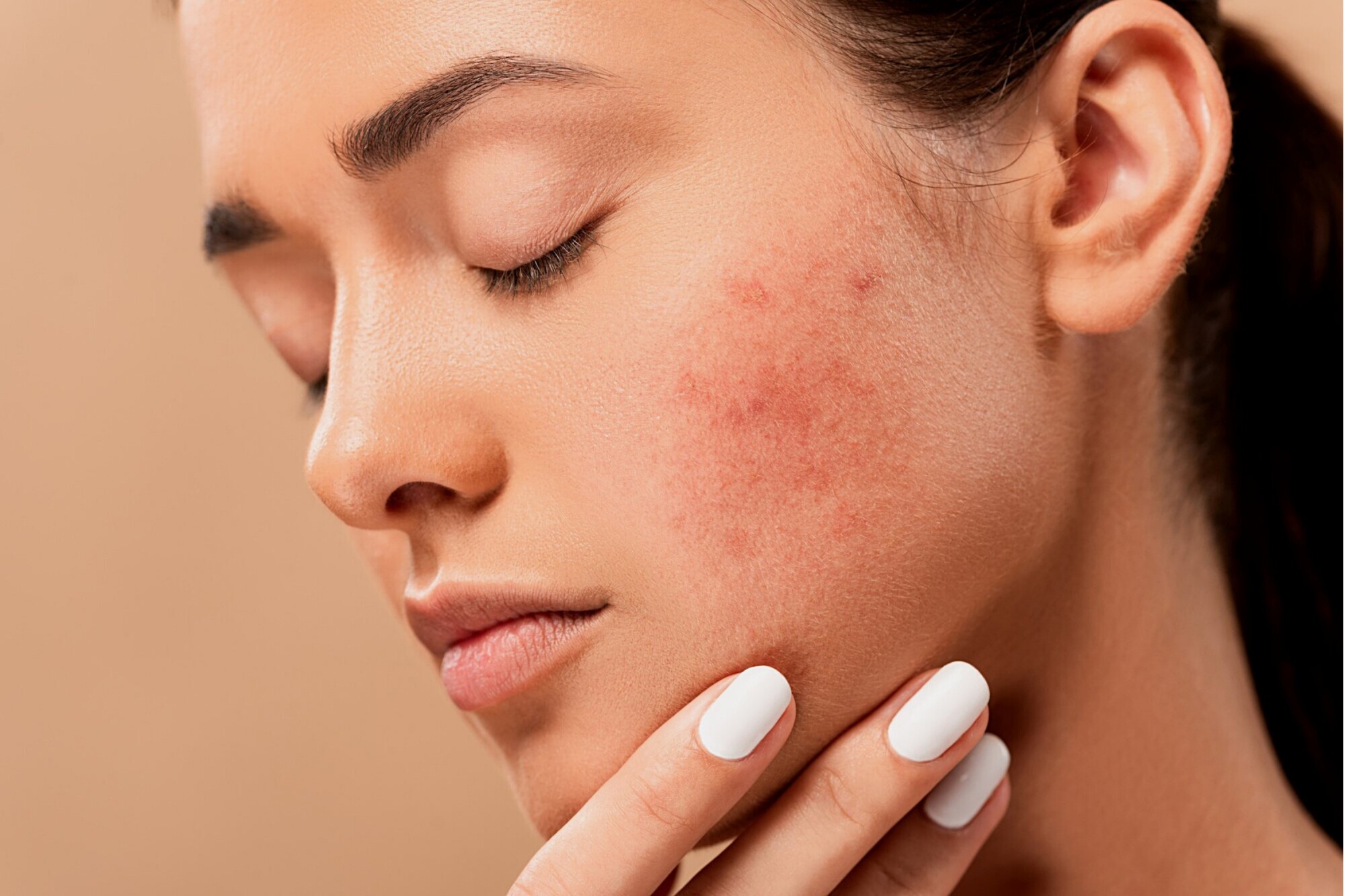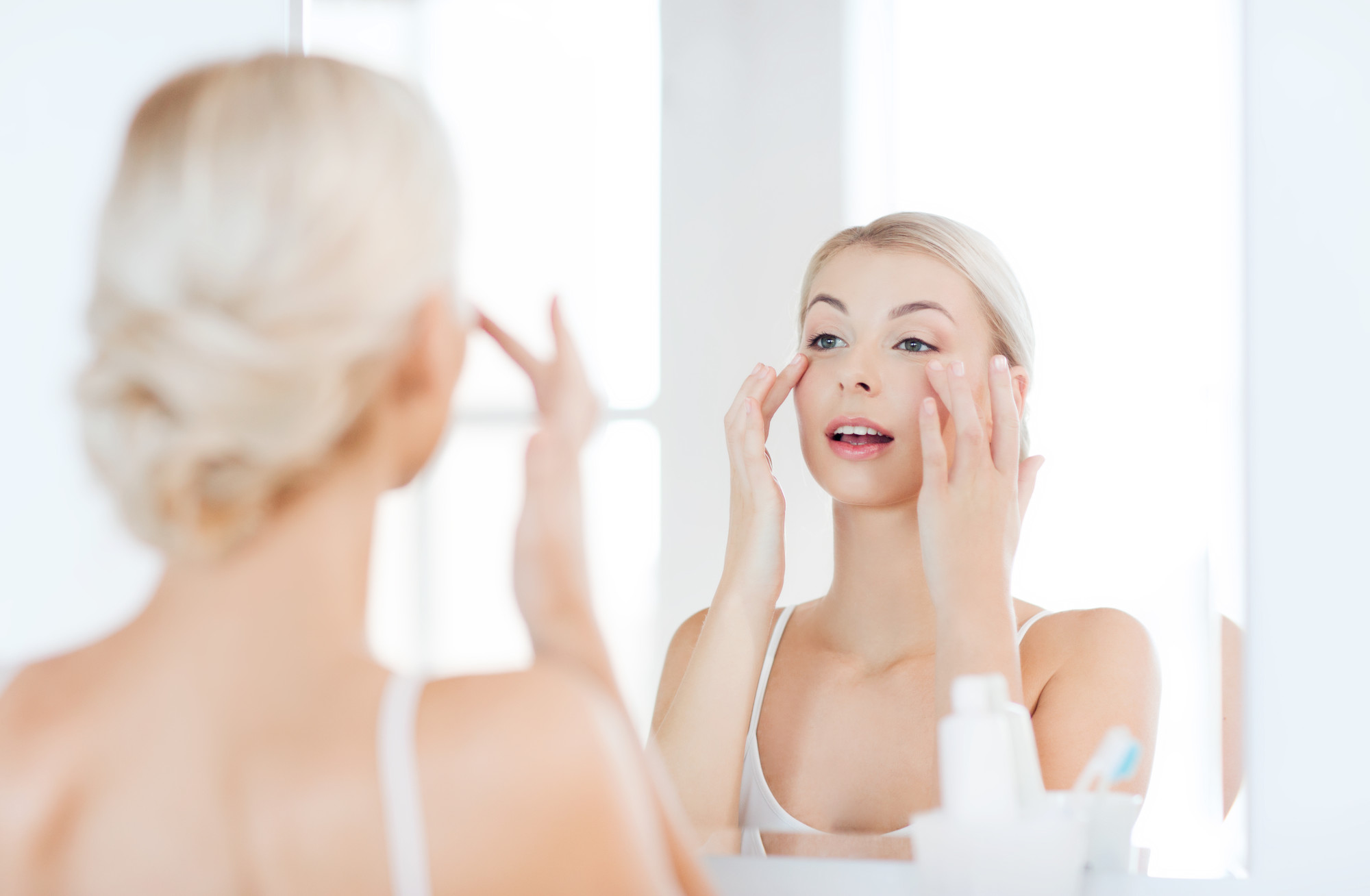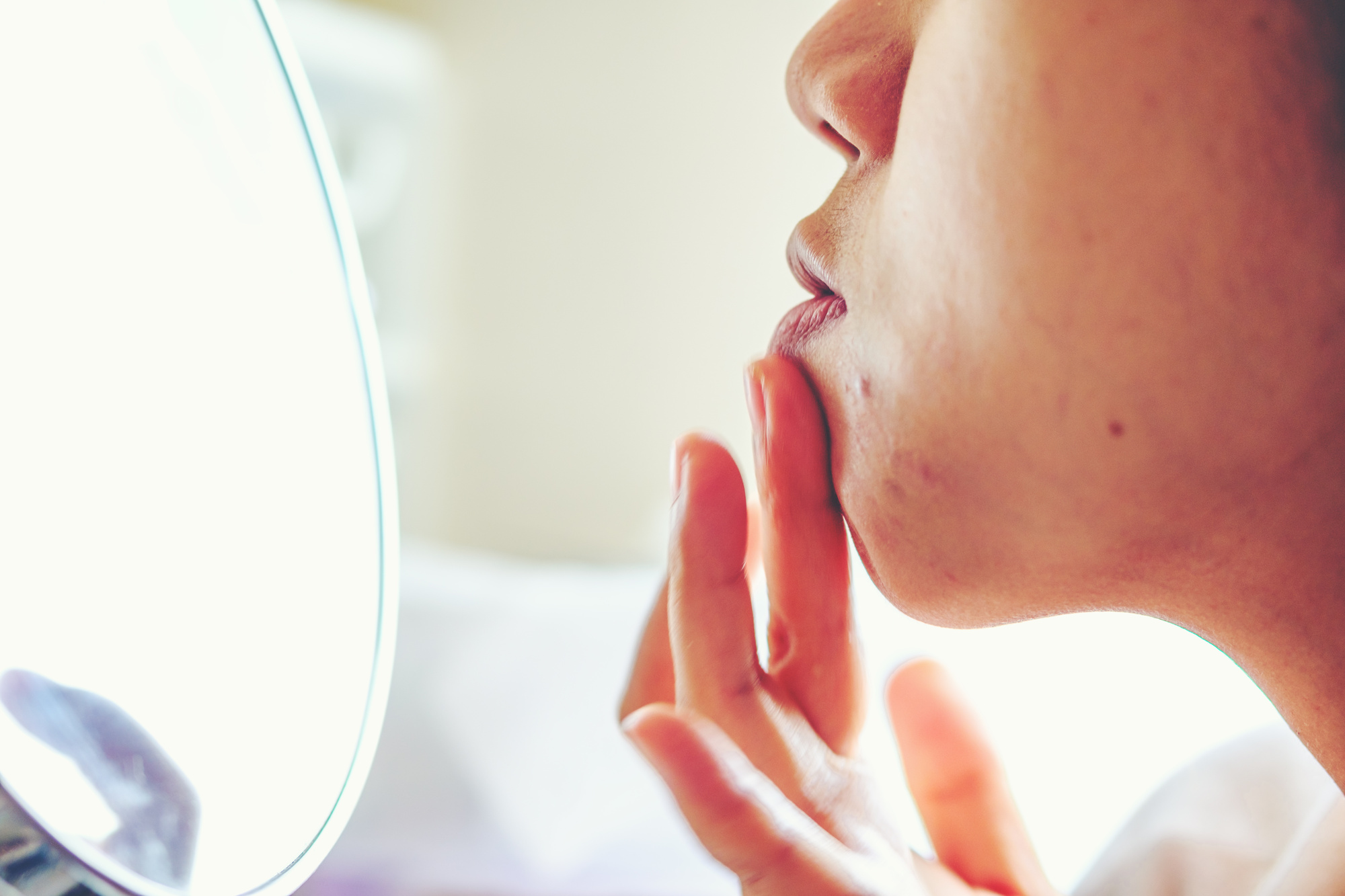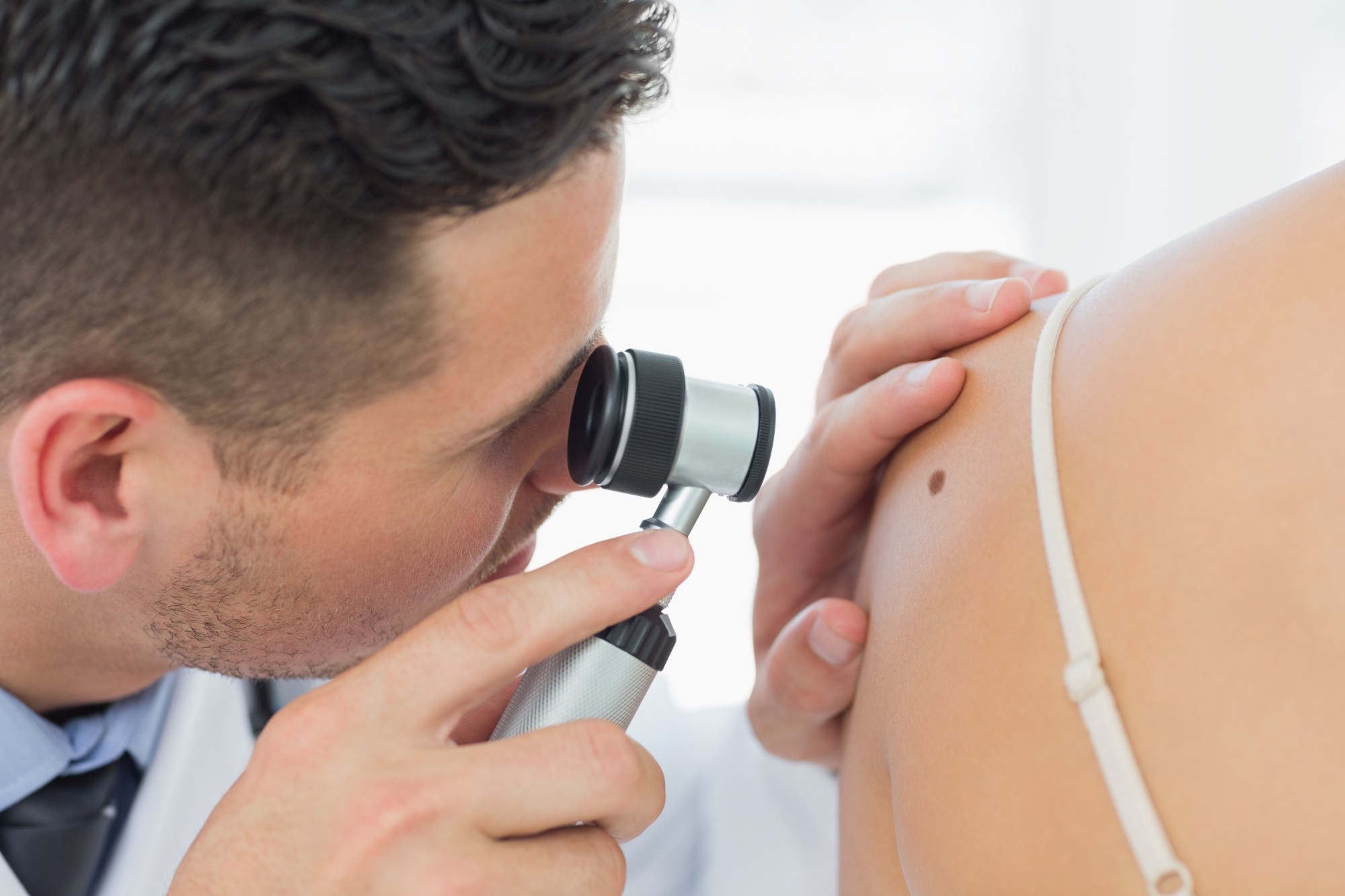Skin conditions affect more than 85 million people. With this kind of prevalence, dermatologists are essential physicians for the population. However, many people don't take advantage of everything that dermatologists can do.
Dermatologists know how to handle anything and everything that has to do with your skin. That means that you should see a dermatologist if you're experiencing any problems that involve your skin.
To learn more about what conditions a dermatologist can treat, keep reading. We've lined up seven different conditions and reasons that you should see a dermatologist now.
1. Acne
There's no coincidence that acne is the number one dermatological condition on our list. Acne is the number one most common skin condition in the United States.
With its prevalence, you're bound to know someone who struggles with acne. It may even be yourself.
From blackheads to whiteheads to deep cysts, acne is variant. Everyone struggles with different kinds of acne in a different pattern. Some even struggle with adult acne.
You may struggle with issues like polycystic ovarian syndrome, hyperandrogenism, or other conditions that cause recurrent, stubborn acne. A dermatologist is still the right physician to see. They can work with other physicians to determine the right course of treatment.
2. Eczema
Eczema is an umbrella term that covers several different skin conditions that involve skin inflammation. Inflammation can cause swelling that some find extremely visible and distressing.
Dermatologists can help you overcome your eczema. There are plenty of different treatments that you can try. These range from oral medications to topical creams.
A dermatologist can also teach you proper skincare routines that may help tame your eczema over time.
Eczema can also affect children. You may find that your child has trouble sleeping because of the itching and irritation. You should also take children with eczema to see a dermatologist.
Your dermatologist will be able to run the proper tests and start you on effective medications.
3. Skin Cancer
Skin cancer is the most common form of cancer found in the United States. Because of its prevalence, you should be on the lookout for any signs.
One of the most common signs of skin cancer is a change in a skin growth. If you have a skin tag, a mole, or another similar mark on your skin, you should look to make sure that it stays the same over time. If there is a change in color or thickness, you should see a dermatologist.
In fact, many dermatologists recommend that you should get examinations yearly if you do have any skin growths like this. There may be small changes that you personally don't notice but a dermatologist would. As with any cancer, early detection is the key.
4. Hair Loss
Hair loss may be one of the most surprising conditions on this list, but it is still important to get a dermatologist's opinion if you're experiencing it. Dermatologists can actually help with treating your hair loss.
Your dermatologist may take a sample of the skin from your scalp and view it under a microscope. This can tell them if there is anything physically wrong with your scalp.
From there, you and your dermatologist can determine if you should go forward and receive any treatment. These range from hormone treatments to laser hair treatments.
5. Varicose Veins
You may think that dermatologists don't work with veins, but this is untrue. Your dermatologist can help you find a treatment for your varicose or spider veins.
Varicose veins appear as bulging, raised veins on the skin, whereas spider veins are thin veins that you may see on your skin.
Your dermatologist may recommend lifestyle changes, medications, stockings, or other methods. There are also chemicals that your dermatologist may want to inject to help treat these veins.
6. Skin Infection
If you have any kind of skin infection, you need to see a dermatologist. These can include yeast infections, fungus infections, bacterial infections, or viral infections.
Your dermatologist will be able to diagnose and treat all of these different infections. These could include medications, washing techniques, or other lifestyle changes.
Your dermatologist should look at the condition. They may even take a sample of the infection for culture. From this, they can determine the culprit and even prevent future infection.
For example, you may find that you have a problem with recurring yeast infections. This could be a hygiene issue that you had no idea about. Your dermatologist will be able to determine what the problem is and how to prevent it from happening in the future.
If you have a spot on your skin and you're unsure what it is, it is probably some sort of infection. You should have a dermatologist take a look. They will know what it is and what to do.
7. Aging
If you're noticing any signs of aging, you can find some great advice in speaking with a dermatologist. They will be able to help you find different techniques and skincare practices that will help you get those lines and wrinkles under control.
Your skin is bound to change as you age, but your dermatologist can help you control the change. You don't have to hate the skin you're in just because you're aging.
Your dermatologist may recommend different medications or topical creams for you to try. Along with lifestyle changes, these can help change the texture and color of your skin.
If you're extremely unhappy with your skin, your dermatologist may recommend more aggressive treatments like laser treatments, chemical peels, Botox injections, or other procedures.
Go See a Dermatologist
If you have any of the above conditions (or any other skin conditions), you need to see a dermatologist as soon as possible. They can help you with finding solutions for your skin problems.
Book an appointment with a dermatologist by contacting us here at Miami Skin Dr. today. We can help you with all of your skin needs and concerns. Whether it's in-person or through a telehealth appointment, we're confident that we've got the answers you need.






Comments